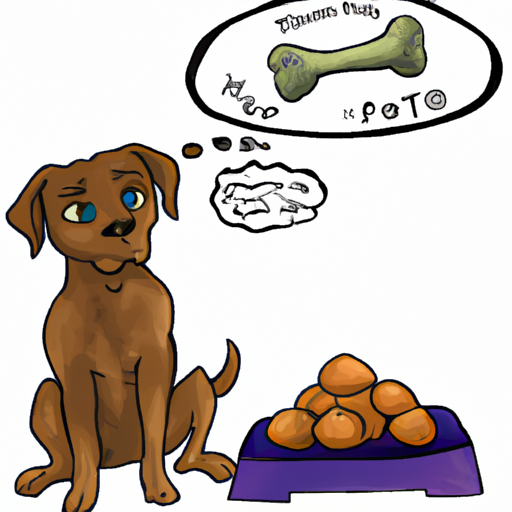Sweet potatoes are a fantastic source of dietary fiber, vitamins, and minerals. But, as a pet parent, you may be wondering, how much sweet potato can dogs eat? While sweet potatoes are generally safe for dogs, it’s essential to serve them in moderation. This article will delve into the nutritional benefits of sweet potatoes for dogs, the suitable serving size, and potential risks if overfed.
Table of Contents
- Nutritional Benefits of Sweet Potatoes for Dogs
- How Much Sweet Potato Can Dogs Eat?
- Potential Risks of Overfeeding
- Preparation Methods: How to Serve Sweet Potatoes to Dogs
- Frequently Asked Questions
Key Takeaways
- Sweet potatoes are loaded with essential vitamins and minerals beneficial to dogs.
- The appropriate serving size is critical to avoid potential health issues.
- Overfeeding sweet potatoes can lead to obesity and other health problems.
- Sweet potatoes should be served cooked and unseasoned to dogs.
Nutritional Benefits of Sweet Potatoes for Dogs
Sweet potatoes are packed with nutrients that are beneficial to dogs. They are rich in dietary fiber which aids digestion and can help dogs feel fuller longer. Besides, sweet potatoes are a great source of essential vitamins like vitamin A, B6, and C, all of which play a crucial role in your dog’s health. For example, vitamin A is vital for your dog’s eye health and immune system.
According to the American Kennel Club, sweet potatoes also contain minerals like calcium and potassium, which are essential for bone health and maintaining healthy nerve function and muscle movement respectively.
How Much Sweet Potato Can Dogs Eat?
Determining the amount of sweet potato your dog should eat depends on their size, weight, and overall health condition. As a general rule, treats (including sweet potatoes) should make up no more than 10% of your dog’s daily caloric intake.
The serving size could look like this:
- Small dogs: 1-2 tablespoons of cooked sweet potato
- Medium dogs: 2-3 tablespoons of cooked sweet potato
- Large dogs: 3-4 tablespoons of cooked sweet potato
Remember, every dog is unique and may have different dietary needs. Always consult with your vet before incorporating new foods into your dog’s diet. You might also find this article from One Top Dog helpful as it discusses the dietary needs of dogs.
Potential Risks of Overfeeding
While sweet potatoes are beneficial, overfeeding can lead to potential health problems. For instance, sweet potatoes are high in carbohydrates and can lead to weight gain if fed excessively. Overconsumption of vitamin A, which is plentiful in sweet potatoes, can also lead to vitamin A toxicity.
Moreover, sweet potatoes are high in oxalates, which can cause issues for dogs prone to bladder and kidney stones.
You can read more about the effects of overfeeding your dogs here.
Preparation Methods: How to Serve Sweet Potatoes to Dogs
Sweet potatoes should never be served raw to dogs as they could be hard to digest and may cause blockages. Always cook sweet potatoes before serving them to your dog. Here’s how you can prepare them:
- Boiled: Peel and cut the sweet potatoes into small chunks. Boil them until they are soft and easily mashed.
- Steamed: Similar to boiling, but retain more nutrients.
- Baked: Bake the sweet potatoes at 400°F for about 45 minutes, or until they’re soft.
Remember, never serve sweet potatoes with seasonings, as many spices and herbs can be harmful to dogs.
Frequently Asked Questions
-
Can sweet potatoes be harmful to dogs?
Yes, if overfed or served improperly. Always cook sweet potatoes and avoid adding seasonings. -
Can sweet potatoes cause allergies in dogs?
While it’s rare, some dogs might be allergic to sweet potatoes. Symptoms include itching, redness, and digestive issues. -
Can puppies eat sweet potatoes?
Yes, but in smaller amounts. Always introduce new foods gradually and watch for any adverse reactions.
To conclude, sweet potatoes can be a healthy addition to your dog’s diet when served correctly and in moderation. Monitor your dog’s reaction to this new addition and consult your vet if you notice any adverse reactions.
For more on dog nutrition, visit One Top Dog.



